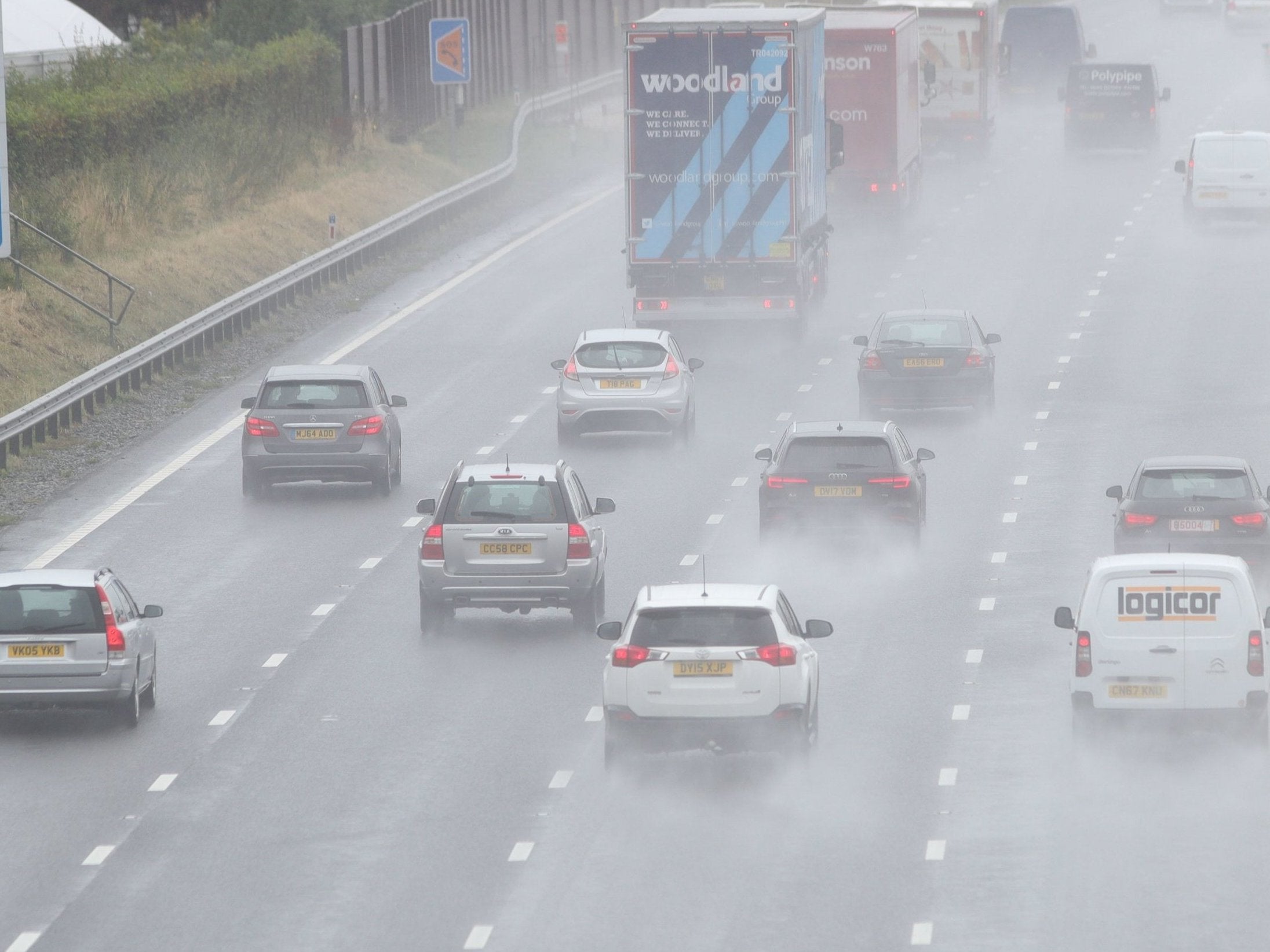Four money matters you should worry more about
Forget smart meters and cashback offers, these are the things that are really worth your time

It’s a worrying time.
Brexit, questionable global leaders, plastic pollution and environmental catastrophe, economic uncertainty.
We don’t need anything else to keep us awake at night.
But over and over again, studies into consumer behaviour show we’re focusing on the wrong things when it comes to managing our money.
So if your time is short and your sense of impending doom high, strip back the sense of general financial fear and take these four steps – this weekend – to start making a real difference.
1. Update your details – at least £1,000
Brits move more than 11 times in the average lifetime. Students often up sticks every year. And millions of us are failing to update our details.
But the consequences could be huge. Swathes of 18-year olds are set to miss out on thousands of pounds worth of children’s savings because the government can’t find them, for example.
This isn’t just about keeping track of your savings though.
Failing to update your details could land you in serious hot water with the DVLA. The wrong address on your driving license makes it invalid, and that brings with it a £1,000 fine. And it’s easy to sort out online.
2. Prioritise the big decisions – £6,400
Don’t beat yourself up. We’re wired for instant gratification as a species, so it almost goes without saying we’ll happily spend time researching things we’ll gain tangible short term benefits from ahead of vaguer but potentially far more valuable decisions.
Data from Legal & General, for example, suggest we spend more time buying a car than deciding how we will manage our money in retirement.
It’s easy to understand why. A shiny new motor versus a jargon-filled discussion about old-age funding? You can almost inhale the new car smell.
A third of the over 55s – those closest to getting their hands on the money they’ve saved all their working lives for, spend more time in showrooms and trawling car auction sites than deciding how they want their pension income.
Shopping around for the best annuity rate could boost their cash in old age as much as 30 per cent, but they’ll still spend more time remodelling their bathroom than securing their future.
With an average retirement pot of around £21,400, the extra income could be the equivalent of adding an extra £6,400 in savings.
3. Move your mortgage – £30,000
Remember those skewed priorities? Consumers spend five days searching for a holiday but only three days choosing a mortgage – roughly the same amount of time as we spend picking an outfit for a big event.
Research from credit report provider Noddle.co.uk reveals one in four homeowners will plump for the first available mortgage, and one in five are now stuck in a financial contract they’re not happy with.
Borrowers could save huge amounts by searching out better deals. In fact, those on standard variable rates (SVR) could save £25,000 in mortgage interest alone, by swapping to an average 10-year fixed rate deal.
A quarter of mortgage borrowers have been on their lender’s SVR for six months or more. That’s around 2 million households which could save £229 in interest every month on the average loan amount just by moving to a typical 10-year deal at 2.73 per cent, according to Private Finance.
Move to the best 10-year rate on the market – currently 2.39 per cent – and the average monthly savings of £278 add up to more than £30,000 over that decade.
4. Claim your benefits – £3,000
The plight of those whose unjust benefits assessments have left them destitute is well known but millions of people are struggling to get by without financial assistance that is rightfully theirs.
As Universal Credit continues to be rolled out across the country, the benefits it will replace are woefully underclaimed.
The last figures released by the Department for Work and Pensions showed around 1.6 million families were each missing out on an average £3,000 in Housing Benefit every year.
Around £2.7bn of Employment and Support Allowance (ESA), and £1.6bn in Jobseeker’s Allowance, goes unclaimed every year. And around 40 per cent of those entitled to Pension Credit aren’t taking it – that’s 1.4 million families losing out on a total £3.3bn.
Meanwhile, working parents could save thousands of pounds every year on childcare. For eligible families with a youngest child under 12, the tax-free childcare scheme – which works alongside 30 hours of free childcare – means the government will add £2 for every £8 parents – including the self-employed – pay into their childcare account. It could mean a boost of up to £2,000 per child every year.
Apply online for tax free childcare at Childcare Choices, check your eligibility for universal credit at Citizens Advice, and find out if you’re missing out on benefits you’re entitled to via the government website.
Subscribe to Independent Premium to bookmark this article
Want to bookmark your favourite articles and stories to read or reference later? Start your Independent Premium subscription today.

Join our commenting forum
Join thought-provoking conversations, follow other Independent readers and see their replies